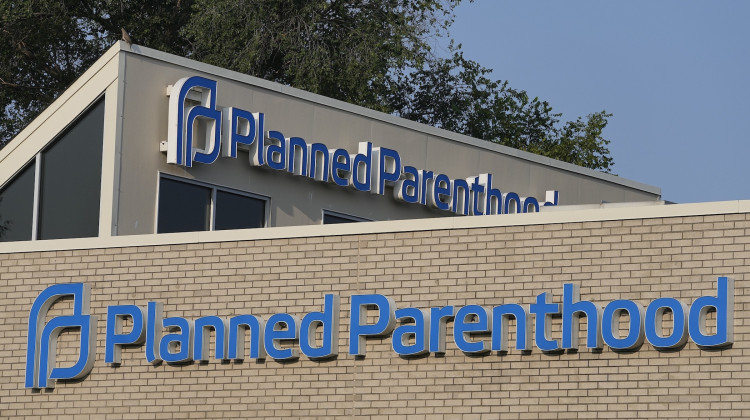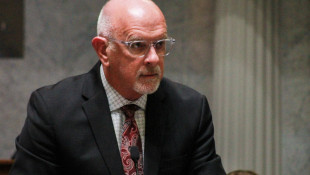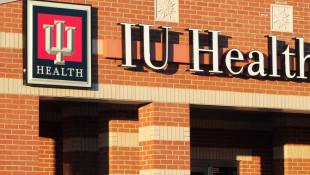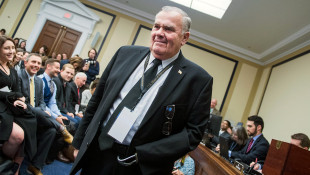Two Indiana programs are getting over $1.7 million in federal grants to reduce overdose risks from fentanyl and other opioids in rural Indiana.
The grant comes from the Health Resources and Services Administration (HRSA).
The agency’s Rural Communities Opioid Response Program has invested over $500 million across more than 1,500 counties since 2018.
“Far too many rural families have faced the devastation of overdose, and these deaths are felt deeply across rural communities -- where often everyone knows someone lost too soon,” said HRSA Administrator Carole Johnson in a press release.
4C Health –– formerly known as Four County –– Comprehensive Mental Health Center is getting $1 million for child and adolescent substance use prevention and treatment in Cass County.
Lisa Willis-Gidley, chief revenue officer at 4C Health, said the funding will be used for programs that will be part of the public school curriculums in Cass County.
“There's some evidence-based programming out there aimed at educating youth that's been proven to prevent substance use in the future. And that is an area that is not well funded, typically,” she said. “And for community mental health centers, we don't typically get funding that aims at prevention or education. So this will definitely help in that area.”
4C Health also has partnerships with the Department of Child Services and plans to include youth who do not go to public schools in the program as well.
The Indiana Rural Health Association is getting more than $700,000 to expand services at treatment sites in Southern Indiana to help individuals through the treatment process.
Amnah Anwar, a senior director at Indiana Rural Health Association, said the funding will be used to increase access points in Orange, Crawford, Perry, Spencer and Henderson counties.
“We will establish a team which will consist of a medication-assisted treatment provider, along with a peer recovery specialist, and then also a community health worker, which would navigate the patients through the induction and then the treatment and eventually to the recovery phase,” Anwar said.
The association is working in partnership with LifeSpring Health Systems and Indiana University’s Project ECHO to implement the program.
More Indiana residents now die from drug overdoses than car crashes. According to Indiana University researchers, nearly 1 in 12 Indiana residents –– almost half a million people –– meet the criteria for having a substance use disorder, which is typically defined as consuming the substance in larger amounts and for longer periods than intended, experiencing strong cravings for the substance, being unsuccessful at regulating or stopping, and spending a long time obtaining, using or recovering from the effects of the substance use.
Rural residents have been disproportionately affected by opioid addiction.
Over two-thirds of people living in rural counties report that adults in their community "often" abuse prescription drugs. In contrast, about 40% of people in metro or metro-adjacent communities report high levels of prescription drug use for non-medical purposes.
Most treatment facilities are located in urban counties, according to a 2017 study by Indiana University Purdue University Indianapolis’ Center for Health Policy. The study also recommends increasing the availability of medication-assisted treatment in rural areas.
There is still a stigma associated with the medications that are used for the treatment of opioid use disorder among those living in rural areas, Anwar said. According to an Indiana University study, people in rural areas are more likely than their urban counterparts to disagree that medication-assisted therapy –– an evidence-based treatment for opioid addiction –– should be available in their community.
Separately, Indiana is also getting $507 million over an 18-year period as part of a national settlement with opioid manufacturers and distributors for their role in the opioid crisis.
Contact WFYI’s health reporter Alex Li at ali@wfyi.org
 DONATE
DONATE






 View More Articles
View More Articles




 Support WFYI. We can't do it without you.
Support WFYI. We can't do it without you.